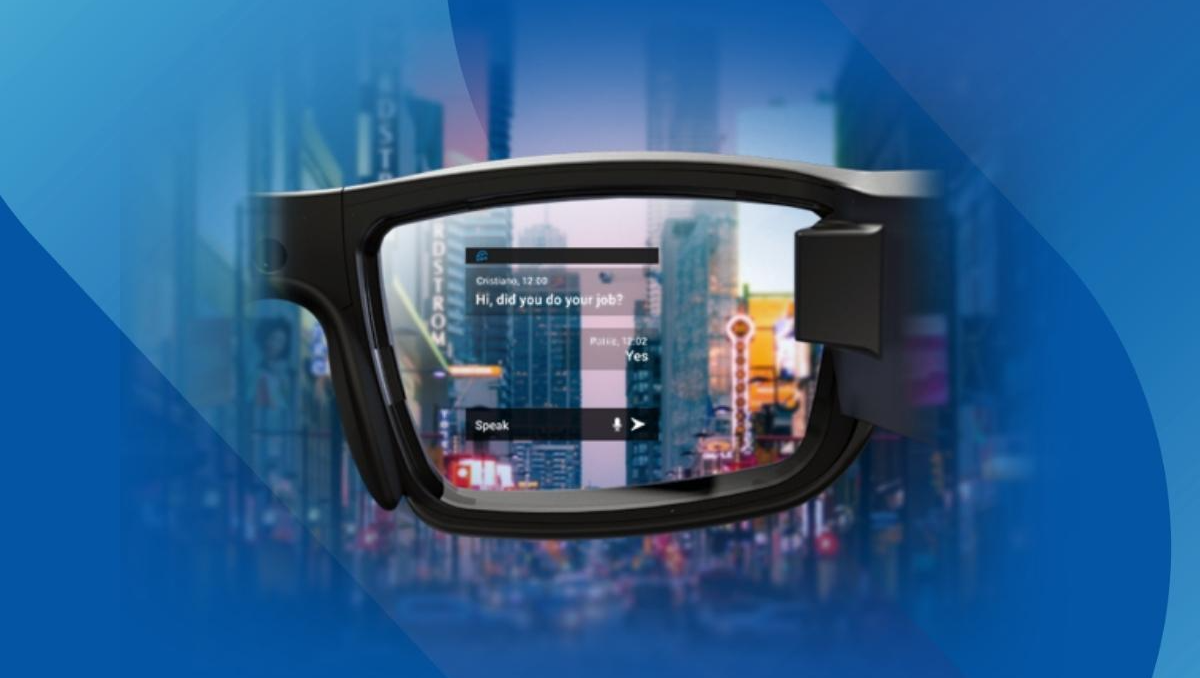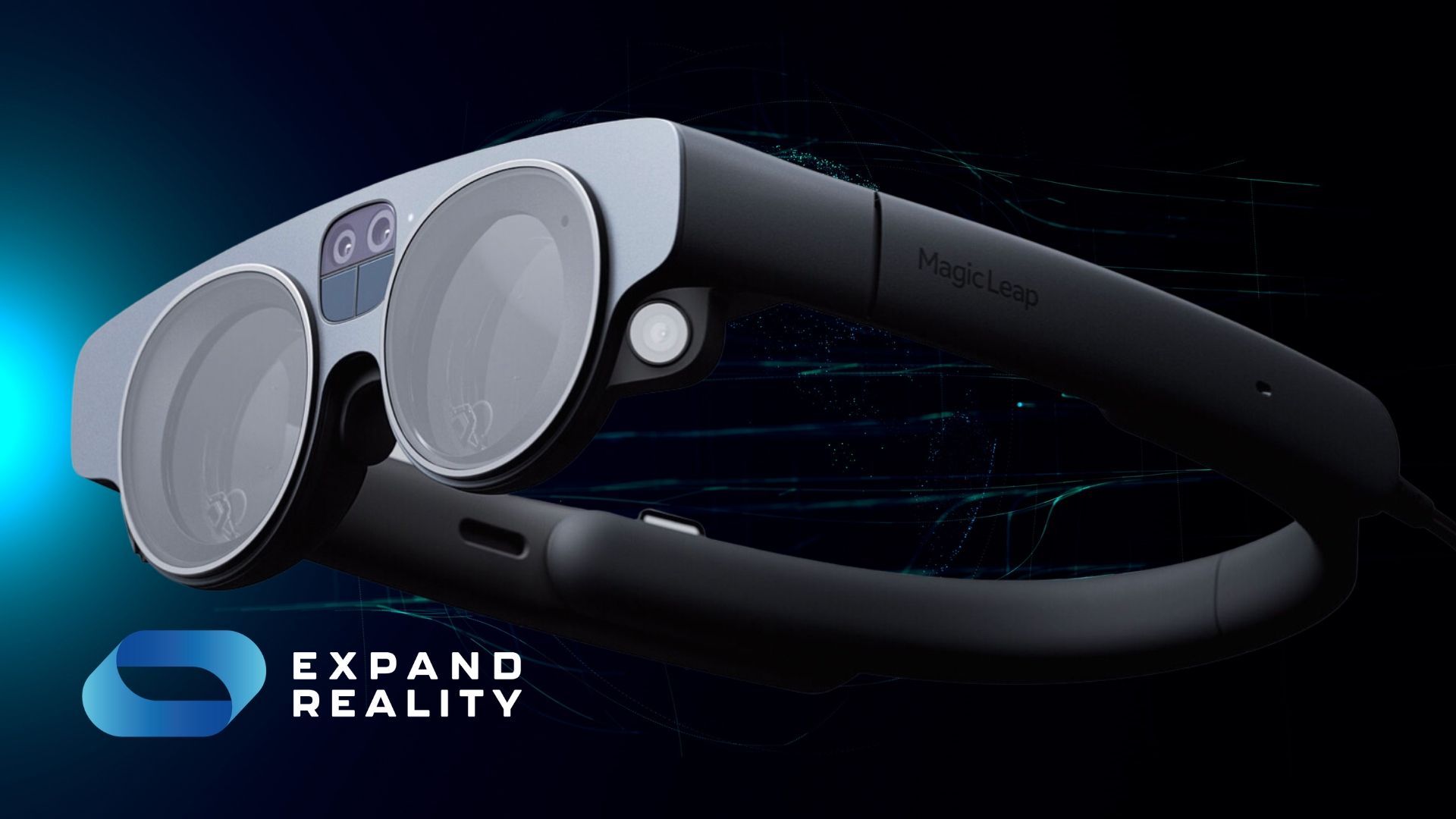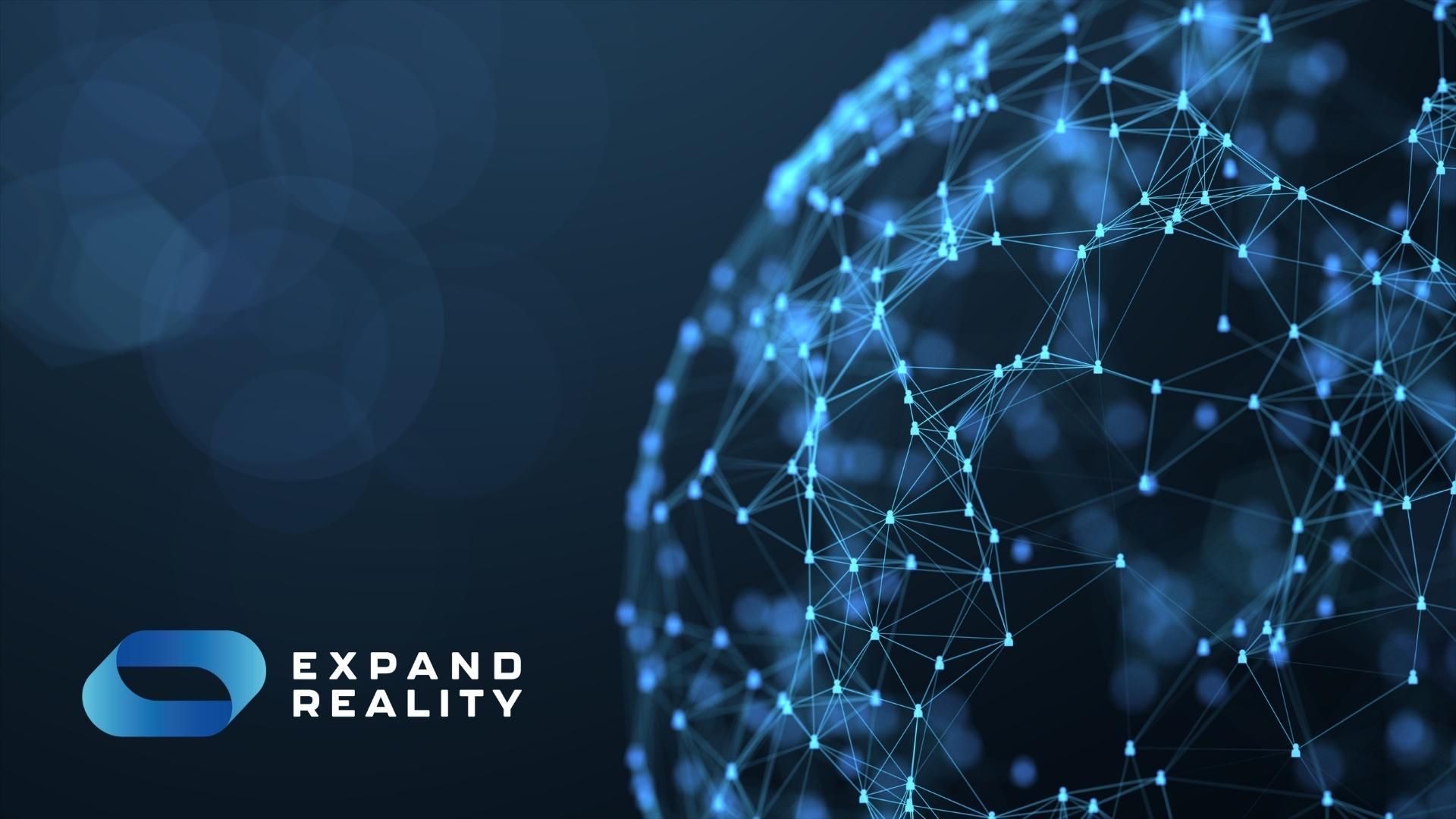hello@simplyvideo.io
6 industries using XR right now
Extended reality is transforming productivity and safety across all kinds of sectors. Discover who's using it – and how – in our industry guide.

Extended reality (XR) is very much "Our Thing". So, naturally, we love hearing about the new and exciting ways that businesses are using this transformative tech.
From assisted reality (aR) glasses to augmented reality (AR) headsets, our
XR devices are helping all kinds of sectors improve training, productivity, health and safety, and more.
But, you might be wondering,
how?
Not to worry. In this post, we'll share six industries that are using extended reality right now – and show you exactly how they're putting the technology to good use.
Time to get excited.
1. Manufacturing and design
One of the headline features of augmented reality devices is their ability to generate 3D models in real space. (You can read an in-depth explanation
here.)
It's no surprise, then, that the tech has proven extremely useful in the fields of product design and development.
Whether it involves simulating real flight conditions for pilots or demonstrating more efficient methods of car assembly, manufacturers are leading the way in demonstrating XR's concept-clarifying potential.
2. Training
Training can be difficult and costly, especially if your industry presents a higher-than-average risk of injury. Getting new hires up to speed while balancing time and resources can be a constant battle.
It's all about making life easier for the senior members of staff who are responsible for training. XR helps you do just that.
Through assisted reality devices, trainers can maintain constant communication with trainees through a live, "see-what-I-see" video feed. This means they can provide valuable guidance without having to spend time away from where they're needed most.
Plus, using virtual or augmented reality, businesses can deliver risk-free simulations for trainees, helping them acclimate to tricky tasks before moving on to the real thing.
3. Real estate
Since COVID, remote house viewings have become more widely accepted. Many estate agents now offer live streams of properties to one or more interested parties.
Not only is this more convenient, but it opens the door to new technological possibilities – with a little help from XR.
Using AR technology, agents can generate new decorative schemes on the fly. For instance, they can "paint" the walls a new colour, drop in some decorative art, or generate 3D furniture in an otherwise unfurnished room.
This helps prospective buyers visualise the "finished product", rather than relying on their imaginations alone.
4. Retail
Retailers are using augmented reality in a similar way to real estate companies. But rather than decorating unfurnished properties, many retail AR apps let you visualise furniture within your own home.
Not sure if that nifty new desk will fit in the space you've prepared? Simply download an app to your phone and you can check the dimensions right there and then – virtually, of course.
But it's not just homeware retailers that are harnessing augmented reality. Fashion brands are getting in on the action too.
Say you’re the kind of shopper who'd rather browse alone than talk to a sales assistant. Using an AR app on your phone, you can scan a code in-store that generates a 3D render of the shoe around your foot. Not only does this help you decide whether they look good, but it provides an estimated size so you don't even have to try them on for real.
Alongside this, with the help of virtual reality (VR) devices, fully simulated stores are now being set up. These allow you to explore an immersive, three-dimensional retail space from the comfort of your home.
5. Healthcare
In many medical professions, observational skills and hand-eye coordination are essential. How can XR improve these very "human" skills?
Take pre-operative analyses, for one. Using medical imaging data and AR glasses, doctors can view 3D models of a patient's organ. This helps them visualise their surgical workflow before they've even set foot in the theatre, meaning operations are more likely to be successful.
Another use case is clinical appointments. Doctors often face challenges explaining complicated procedures or diagnoses to patients. Using augmented reality devices, doctors can help patients visualise their medical issues and understand the paths to resolution. Not only does this save time, but it helps allay patient anxiety before surgery or other treatments.
6. Gaming
Here's one we bet you already knew about. After all, XR has seen no greater consumer success than in gaming.
On the one hand, you have VR devices like the Oculus Quest and HTC VIVE. These transport players to stunning, immersive 3D worlds where they can live out their wildest gaming fantasies. It's little wonder the market is booming – with a
forecast CAGR of 44.8% between 2021 and 2028.
Then there's augmented reality, which – through the medium of smartphone apps – has also enjoyed widespread consumer adoption. You only need look at the success of Pokémon Go to understand its appeal. This monster-catching app has been downloaded
nearly 600 million times. Wow.
At Expand Reality, we're passionate about helping businesses succeed with XR technologies. Browse our
XR store to discover the latest devices from leading manufacturers like Vuzix, RealWear and Magic Leap.

Contact Us
Connect global teams. Collaborate with remote experts. Streamline processes and unlock cost savings with industry-ready extended reality technology.
Contact Info
hello@expandreality.io
Gemini Business Park
Sheepscar Way
Leeds
LS7 3JB
All Rights Reserved | Expand Reality







